Our focus
Our focus
CISR-formats
CISR-format
platform for project publications
platform for project publications
Beyond new wave of mythologization of WWII
In the context of the 75th anniversary of the end of World War II, the CISR e.V. is implementing the project "Beyond new wave of mythologization of WWII". The participants - public intellectuals of the post-soviet generation- will have the opportunity to gather extensive experiences in the comparative analysis of memory politics, rituals, and discourses; furthermore, they will visit memory sites of the Second World War in four countries: Russia, Belarus, Poland, and Germany. The main goal of the project is to create terms and conditions for the sustainable development of a critical approach to the politics of heroization and mythologization of the events of the war.
Tv Program on Women Role Models with Gender Debate
Tv Program on Women Role Models with Gender Debate 2019.
The project created an innovative format for the educational TV show "Sən demə" ("Turns Out"). Furthermore, it initiated an open debate on gender, stereotypes, and clichés about women, which are perpetuated in public and private life, as well as through language. The project included various training, meetings, and an educational trip to Germany, in which the film team and the specialists participated in. Azerbaijani TV channels have been airing the TV show since 2020, and it is also available on social media platforms and the internet.
Tv Program on Women Role Models with Gender Debate 2020.
The project will be conducted by the Association of Women for Rational Development (WARD) in Azerbaijan, in cooperation with the CISR e.V. Berlin.
The project will further develop the Tv program "Sən demə" ("Turns out") for sex and gender education in Azerbaijan. Ten thematic TV programs introduce their viewers to alternative roles for women in society and engage in gender debates to promote gender equality and the anti-discrimination policy. The project will also develop a manual/guide to gender-sensitive journalism in the South Caucasus. Journalists and experts from Azerbaijan, Georgia, and Germany will be able to develop and evaluate this manual during their encounters, as well as during an educational trip to Germany.
Azerbaijani TV channels have been airing the TV show "Sən demə" ("Turns out") since 2020, and it is also available on social media platforms and the internet.
The project created an innovative format for the educational TV show "Sən demə" ("Turns Out"). Furthermore, it initiated an open debate on gender, stereotypes, and clichés about women, which are perpetuated in public and private life, as well as through language. The project included various training, meetings, and an educational trip to Germany, in which the film team and the specialists participated in. Azerbaijani TV channels have been airing the TV show since 2020, and it is also available on social media platforms and the internet.
Tv Program on Women Role Models with Gender Debate 2020.
The project will be conducted by the Association of Women for Rational Development (WARD) in Azerbaijan, in cooperation with the CISR e.V. Berlin.
The project will further develop the Tv program "Sən demə" ("Turns out") for sex and gender education in Azerbaijan. Ten thematic TV programs introduce their viewers to alternative roles for women in society and engage in gender debates to promote gender equality and the anti-discrimination policy. The project will also develop a manual/guide to gender-sensitive journalism in the South Caucasus. Journalists and experts from Azerbaijan, Georgia, and Germany will be able to develop and evaluate this manual during their encounters, as well as during an educational trip to Germany.
Azerbaijani TV channels have been airing the TV show "Sən demə" ("Turns out") since 2020, and it is also available on social media platforms and the internet.
Ateliers d intégration and Transfer of Knowledge 2019
The project was implemented in France, Germany, and Russia.
The project created the conditions for the exchange of experiences about the integration of refugees and immigrants between employees of regional- and city-administration, museums, libraries, representatives of civil society, architects, and artists from France and Germany with their colleagues in Russia.
Many institutions that are apparent to be very far removed from engaging in finding solutions for the problems immigrants and refugees face (e.g. museums or libraries), turned out to be very effective actors in the process of integration and adaptation. Art initiatives that function on the level of civil society and with the support of the local administration can be just as effective.
This level of work with immigrants focused on the topics of inclusion, integration, and adaptation, allows for a shifting of focus from the political and statistical, to the discussion of the daily life problems that immigrants face.
The participants of the project, which took place in different formats (work meetings/Ateliers and summer schools) met in Paris and Berlin, St. Petersburg and Rostov-on-Don - in big city centers, in which a substantial amount of experiences in the regulation of migration processes were gathered. In general, the project was visited in different formats by around one hundred people, mainly specialists from Russia.
The project ended with a series of public discussions on different current topics. By taking part in this format, well-known specialists had the opportunity of sharing their experiences and knowledge from different studies with the broad public.
The project created the conditions for the exchange of experiences about the integration of refugees and immigrants between employees of regional- and city-administration, museums, libraries, representatives of civil society, architects, and artists from France and Germany with their colleagues in Russia.
Many institutions that are apparent to be very far removed from engaging in finding solutions for the problems immigrants and refugees face (e.g. museums or libraries), turned out to be very effective actors in the process of integration and adaptation. Art initiatives that function on the level of civil society and with the support of the local administration can be just as effective.
This level of work with immigrants focused on the topics of inclusion, integration, and adaptation, allows for a shifting of focus from the political and statistical, to the discussion of the daily life problems that immigrants face.
The participants of the project, which took place in different formats (work meetings/Ateliers and summer schools) met in Paris and Berlin, St. Petersburg and Rostov-on-Don - in big city centers, in which a substantial amount of experiences in the regulation of migration processes were gathered. In general, the project was visited in different formats by around one hundred people, mainly specialists from Russia.
The project ended with a series of public discussions on different current topics. By taking part in this format, well-known specialists had the opportunity of sharing their experiences and knowledge from different studies with the broad public.
Peaceful Conflict Transformation
Memory Guides: Sources of Information for a Peaceful Conflict Transformation 2018-
2019
The project was realized in Russia, Ukraine, Azerbaijan, Armenia, and Georgia.
The most important goal of the project was to establish an international group of journalists and social
researchers (in the broader sense public intellectuals) and to prepare them for collaborative work and the comparative analysis of different conflicts, to be able to go beyond the dominating conflict discourse. The participants gathered such experiences through the comparison of two conflicts - the conflict in the east of Ukraine and in the Nagorno-Karabakh conflict. Intensive training and dialogue, which are necessary for the formation of international working groups, special training of the participants, joint accumulation of materials, and their analysis, collaborative work of an international multi-media platform were consequently realized.
Conflicts in post-socialist states: research and contribution to a peaceful transformation 2017.
The key goals of the projects were to create an international network between NGOs, young civil rights activists, as well as experts and analysts, and to create a platform for collaborative peace work and better communication. In this context, meetings of the partner organizations in St. Petersburg were conducted, the summer school "Conflicts and politics of Remembrance: Perspective of a peaceful Transformation" took place, and 26 young participants took a thirteen-day research trip through Moldova, Transnistria, and East Ukraine.
Mass Media and Conflict Transformation 2016.
In the scope of this project, a dialogue took place and a transnational network of journalists - "Mass
Media and Conflict Transformation" - out of conflicting post-Soviet States (Russia and Ukraine,
Azerbaijan, and Armenia) was created. The project participants were co-writers of 11 publications, in
which they reflected on the causes and consequences of conflicts in the post-Soviet space. Different
events took place in the context of this project (seminars, summer school, dialogue, public presentations)
in three different countries: Ukraine, Russia, and Germany.
2019
The project was realized in Russia, Ukraine, Azerbaijan, Armenia, and Georgia.
The most important goal of the project was to establish an international group of journalists and social
researchers (in the broader sense public intellectuals) and to prepare them for collaborative work and the comparative analysis of different conflicts, to be able to go beyond the dominating conflict discourse. The participants gathered such experiences through the comparison of two conflicts - the conflict in the east of Ukraine and in the Nagorno-Karabakh conflict. Intensive training and dialogue, which are necessary for the formation of international working groups, special training of the participants, joint accumulation of materials, and their analysis, collaborative work of an international multi-media platform were consequently realized.
Conflicts in post-socialist states: research and contribution to a peaceful transformation 2017.
The key goals of the projects were to create an international network between NGOs, young civil rights activists, as well as experts and analysts, and to create a platform for collaborative peace work and better communication. In this context, meetings of the partner organizations in St. Petersburg were conducted, the summer school "Conflicts and politics of Remembrance: Perspective of a peaceful Transformation" took place, and 26 young participants took a thirteen-day research trip through Moldova, Transnistria, and East Ukraine.
Mass Media and Conflict Transformation 2016.
In the scope of this project, a dialogue took place and a transnational network of journalists - "Mass
Media and Conflict Transformation" - out of conflicting post-Soviet States (Russia and Ukraine,
Azerbaijan, and Armenia) was created. The project participants were co-writers of 11 publications, in
which they reflected on the causes and consequences of conflicts in the post-Soviet space. Different
events took place in the context of this project (seminars, summer school, dialogue, public presentations)
in three different countries: Ukraine, Russia, and Germany.
School of Urban Pioneers 2020/21
School of urban pioneers (SUP) is a platform for strengthening and educating urban initiatives and city residents in the field of urban change. It provides them with various opportunities for networking and joint reflection on the city and their role in its development.
Open letter in support of Russian civil society
Russia's brutal and unlawful attack on Ukraine has left millions of Ukrainians fighting for their lives and freedom. The scale of the violence and the violation of rights and ethics is causing shock and disbelief throughout the democratic world.
I am writing this appeal from Russia, where I have been working on projects to support civil society for many years, including three weeks prior to Vladimir Putin's declaration of war.
I strongly support the reactions of democratic countries in recent days, and I wish decisive action against the growing dictatorship had been taken earlier. Sanctions, restrictions, and the delivery of weapons and military equipment to Ukraine are aimed primarily at saving the lives of Ukrainians. The Moscow leadership has chosen the path of isolating Russia, which is a central defense strategy of the EU and Germany in particular in times of war.
However, as I am still in the aggressor's country, I also see the collateral damage of isolation. Therefore, we in the EU must avoid collectively punishing our Russian colleagues, partners, and like-minded people with sanctions and restrictions. Regardless of the outcome of the war in Ukraine, the leadership in Russia has already taken a course of repression internally for many years, which will particularly affect these people.
That is why they now need our European support more than ever, and we should act anticyclically. Cutting joint educational programs, scientific and civil society initiatives and cooperation, as well as restricting entry to Germany, will only support Putin's isolationist policies and put additional pressure on the democratically-minded civil society and intellectuals.
Even though it may be difficult to imagine at present and even seen as naive, as a Russian citizen living in Germany, I want to believe in a good democratic future for Russia. The country's very diverse civil society stands for this.
Therefore, I urge not to break off relations with the Russian activist community and not to impose sanctions or restrictions on Russian citizens whose activities are directed at building a democratic society in the country. Most importantly, I ask that persecuted people not be denied entry into the EU. I am in no way trying to downplay the suffering of Ukrainians, but I ask that the suffering of my partners in Russia, who are also victims of Putin and his seemingly infinite power, be taken into account as well.
Elena Stein
Director of the Center for Independent Social Research Berlin
I am writing this appeal from Russia, where I have been working on projects to support civil society for many years, including three weeks prior to Vladimir Putin's declaration of war.
I strongly support the reactions of democratic countries in recent days, and I wish decisive action against the growing dictatorship had been taken earlier. Sanctions, restrictions, and the delivery of weapons and military equipment to Ukraine are aimed primarily at saving the lives of Ukrainians. The Moscow leadership has chosen the path of isolating Russia, which is a central defense strategy of the EU and Germany in particular in times of war.
However, as I am still in the aggressor's country, I also see the collateral damage of isolation. Therefore, we in the EU must avoid collectively punishing our Russian colleagues, partners, and like-minded people with sanctions and restrictions. Regardless of the outcome of the war in Ukraine, the leadership in Russia has already taken a course of repression internally for many years, which will particularly affect these people.
That is why they now need our European support more than ever, and we should act anticyclically. Cutting joint educational programs, scientific and civil society initiatives and cooperation, as well as restricting entry to Germany, will only support Putin's isolationist policies and put additional pressure on the democratically-minded civil society and intellectuals.
Even though it may be difficult to imagine at present and even seen as naive, as a Russian citizen living in Germany, I want to believe in a good democratic future for Russia. The country's very diverse civil society stands for this.
Therefore, I urge not to break off relations with the Russian activist community and not to impose sanctions or restrictions on Russian citizens whose activities are directed at building a democratic society in the country. Most importantly, I ask that persecuted people not be denied entry into the EU. I am in no way trying to downplay the suffering of Ukrainians, but I ask that the suffering of my partners in Russia, who are also victims of Putin and his seemingly infinite power, be taken into account as well.
Elena Stein
Director of the Center for Independent Social Research Berlin
News
Our partners and sponsors


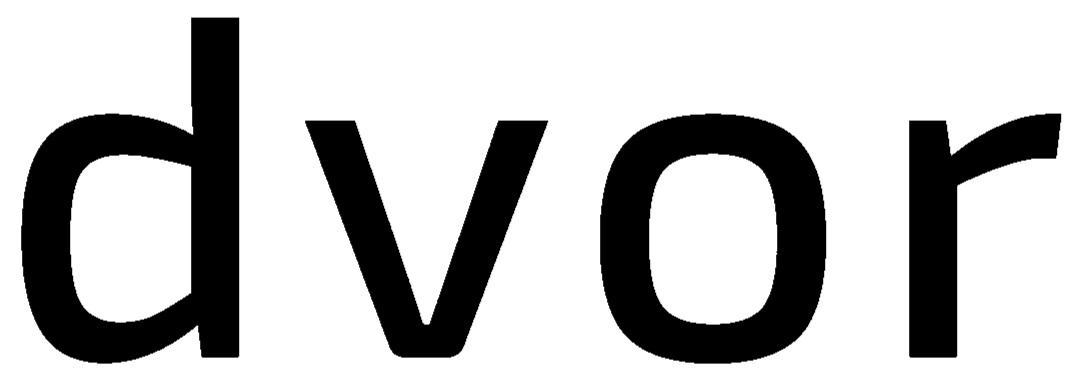

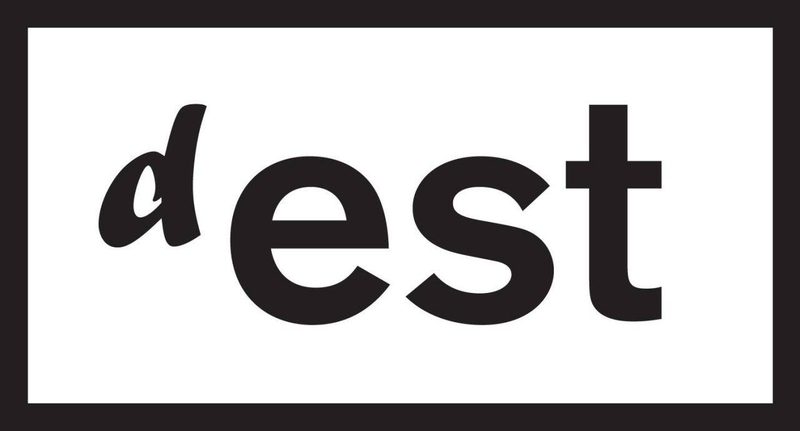
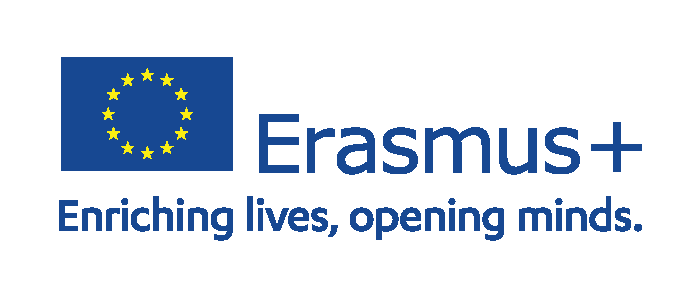
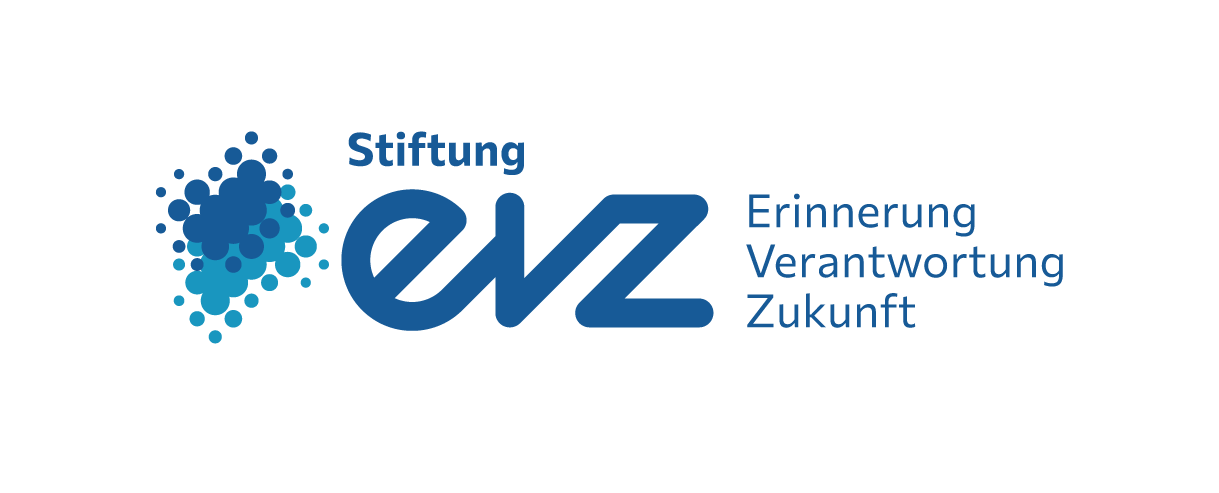
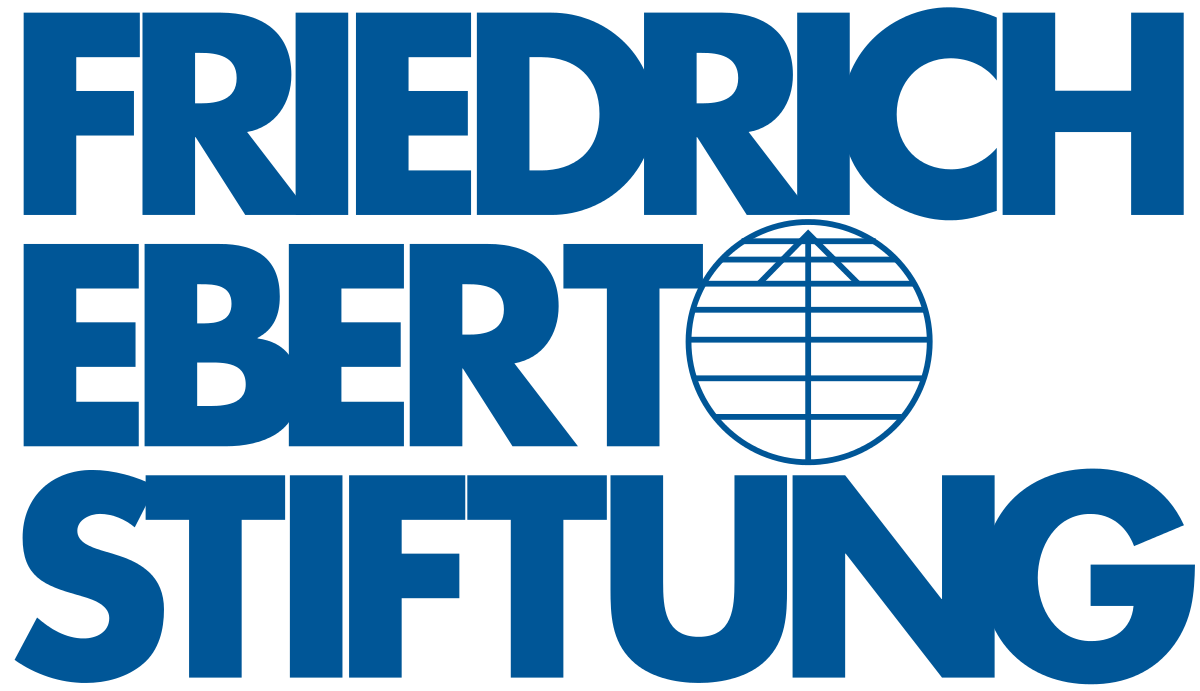

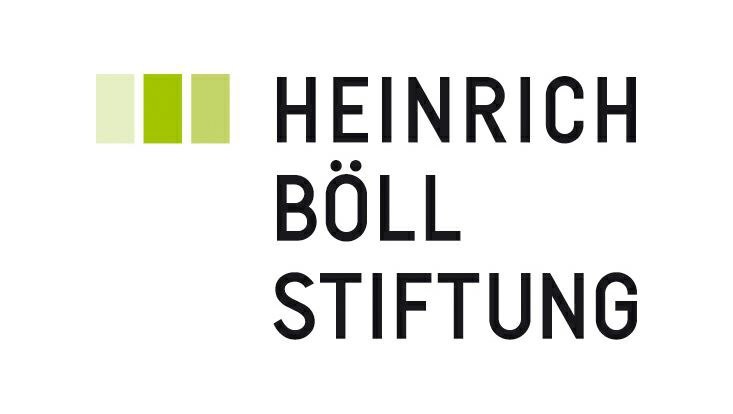
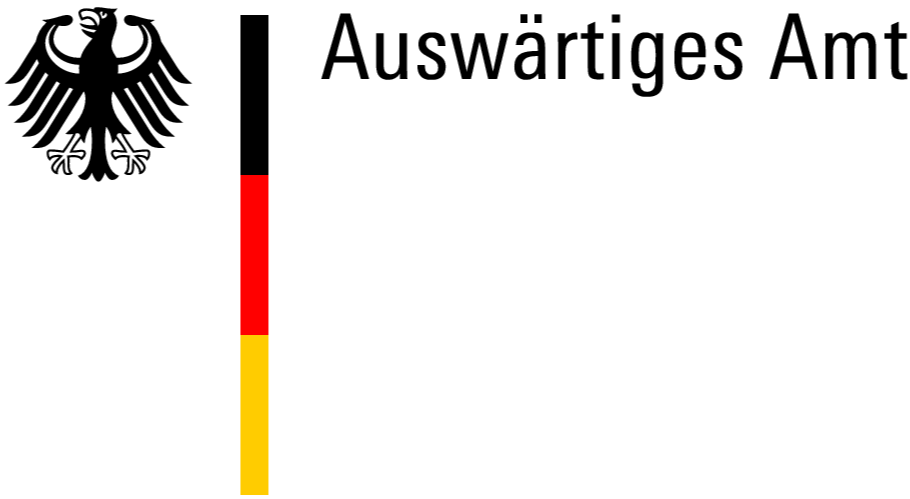
СISR e. V. Berlin
Ahlbecker Str. 3
10437, Berlin
+49 176 200 371 32
info@cisr-berlin.org
Ahlbecker Str. 3
10437, Berlin
+49 176 200 371 32
info@cisr-berlin.org
© 2023 CISR e.V.
